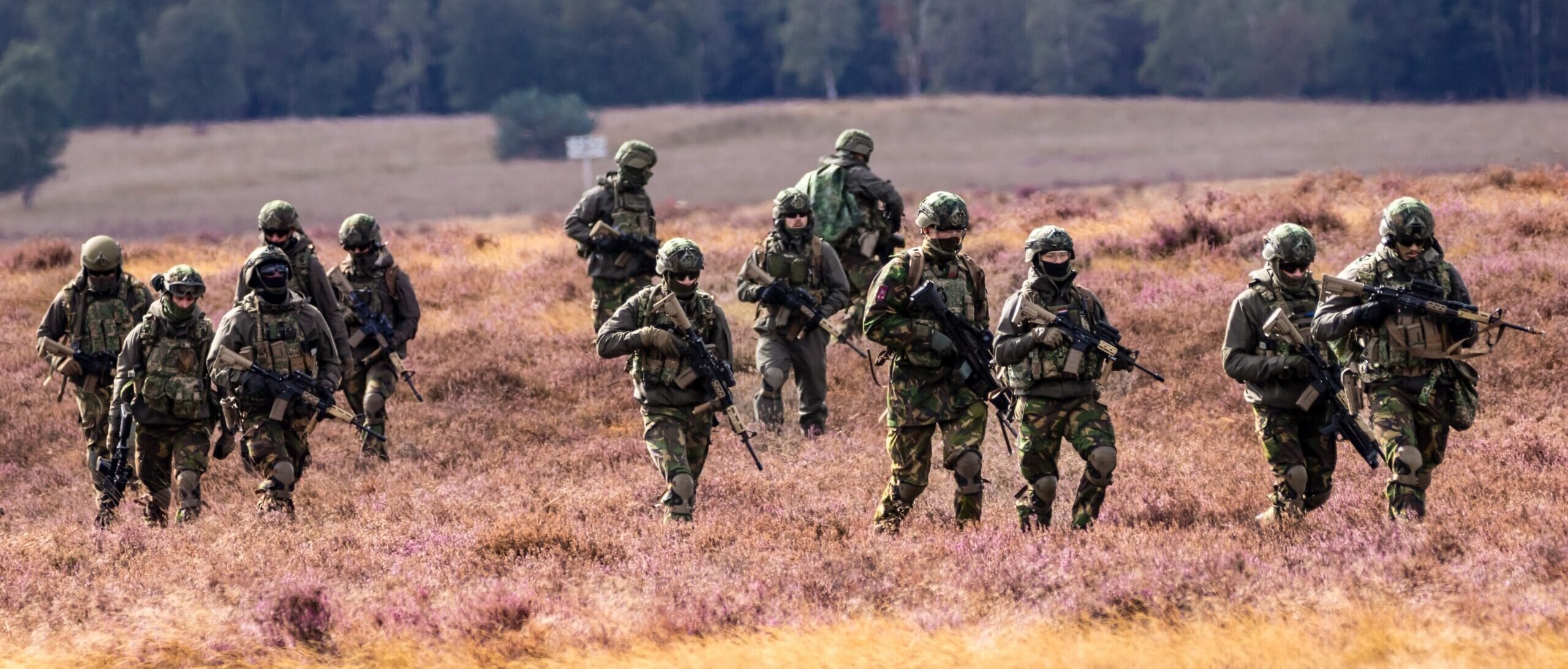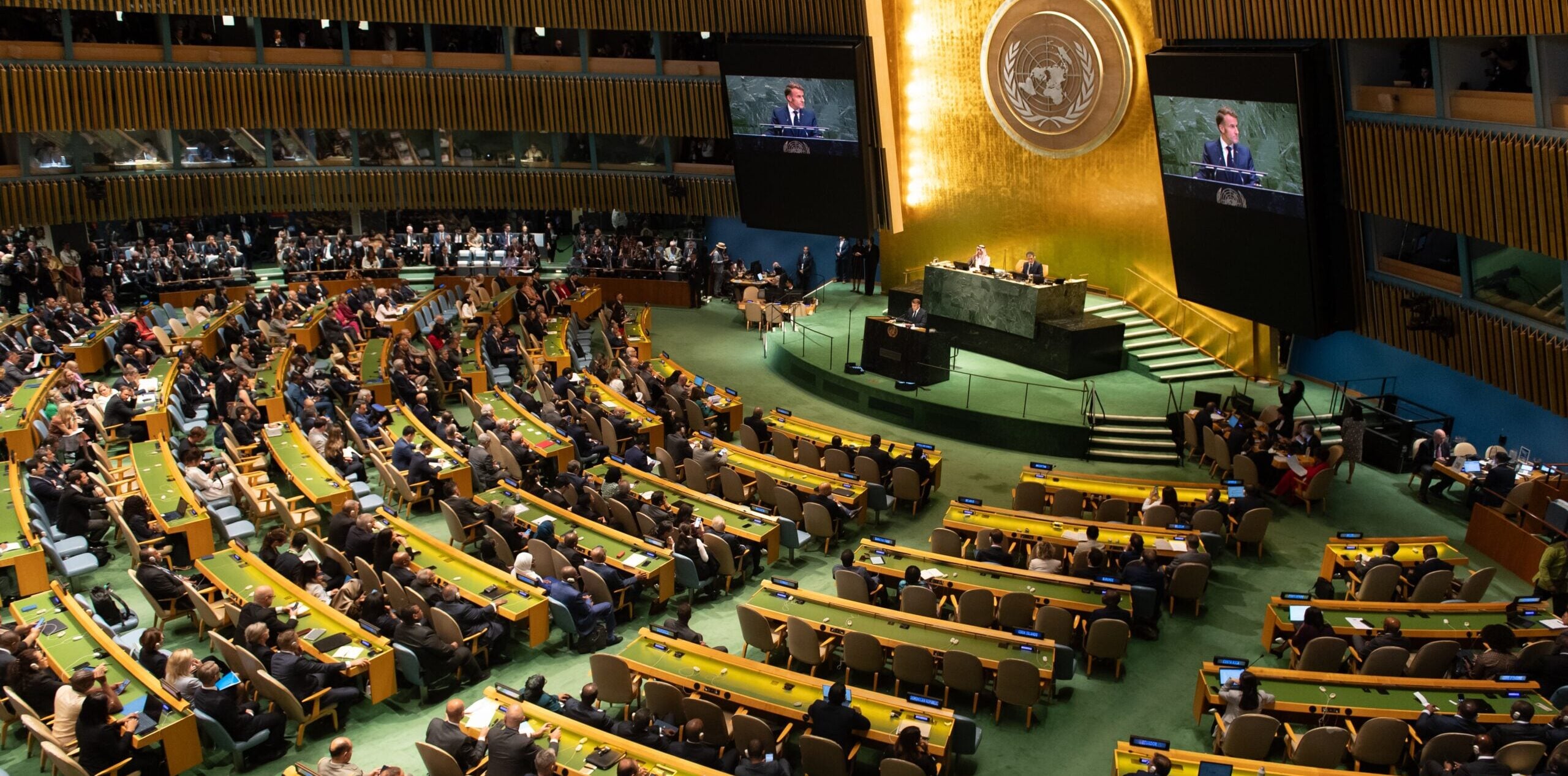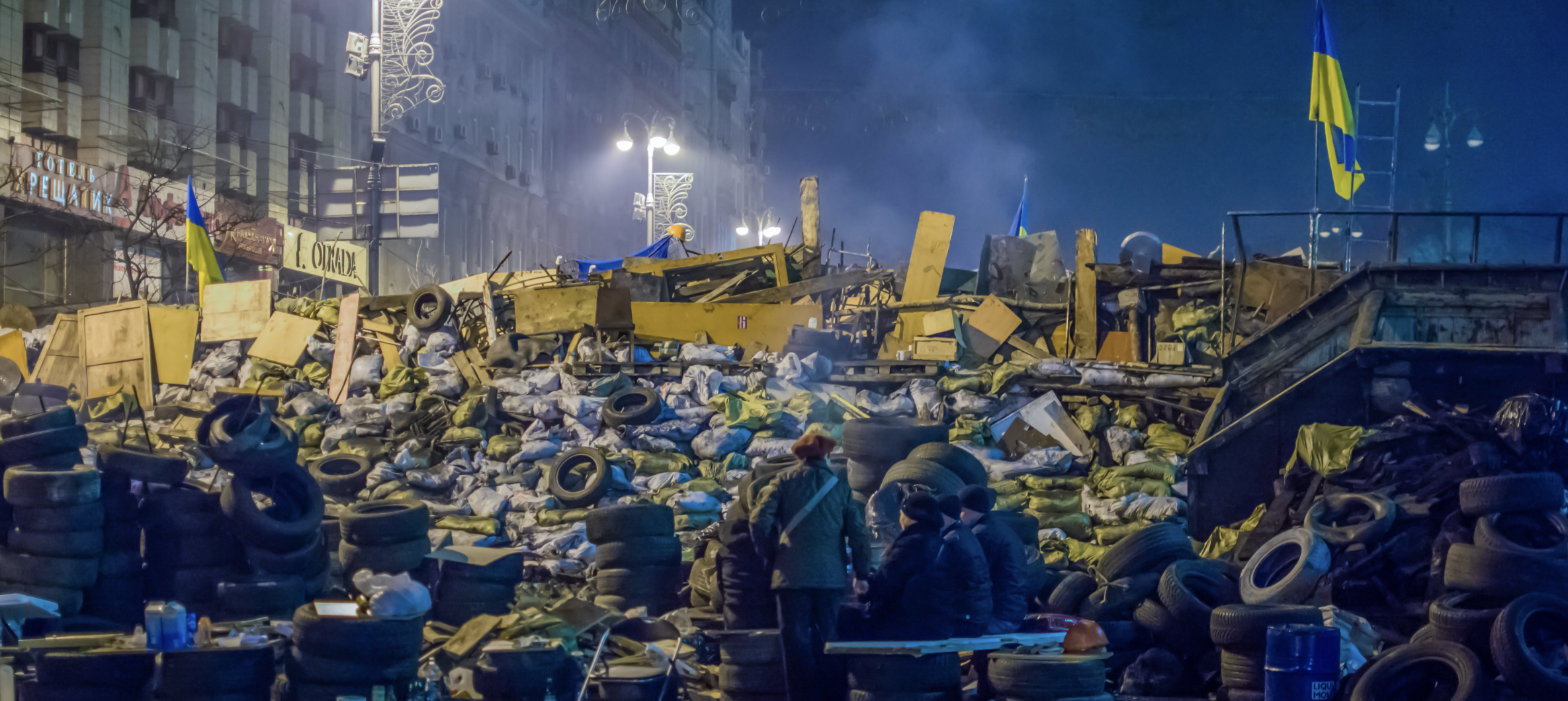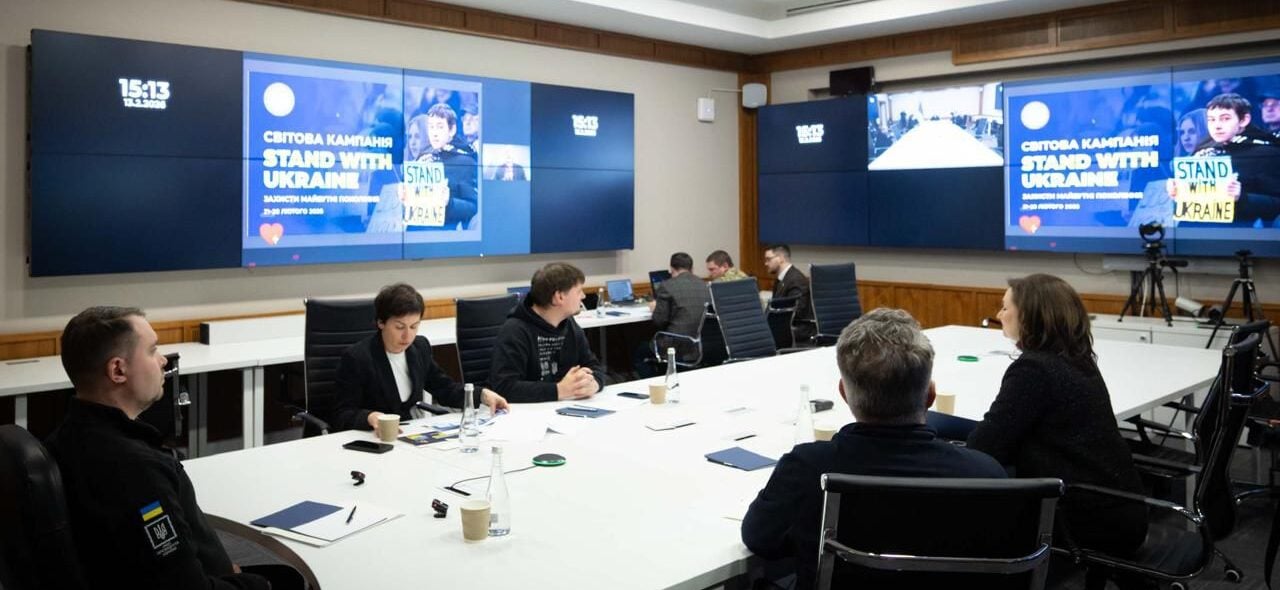

by Gabrielius Landsbergis, former Foreign Minister of Lithuania
Source: Substack
In 1917, after the sinking of the passenger ship Lusitania, the US finally intervened in what was up until then viewed as a “European” war. In 1941, the Second World War had been raging for two years before a direct attack on US territory forced the US to join the Allies.
In both cases it took a shocking act in order to wake up the slumbering United States and get it to bring its might to bear on conflicts that would define the 20th century.
A few days ago, Ukraine’s “Operation Spiderweb” struck Russia deep behind enemy lines in an impressively audacious attack that a number of Russian Military Bloggers called Russia’s “Pearl Harbor.” And it’s very clear that the entire Russian Federation is on war footing. But today, three years after Russia launched the greatest conflict in Europe since 1945, the West remains drowsy—unable or unwilling to make a decisive move towards Ukraine’s victory.
Russia’s aggression has not been subtle, but if the invasion of Ukraine and the hybrid attacks on NATO territory aren’t enough to trigger NATO’s Pearl Harbor alarm clock, we should ask ourselves a question—what would it take for the West to wake up?
In the classic British comedy series Yes, Prime Minister, an adviser describes a “salami tactics” scenario, whereby the Soviet Union gradually escalates hybrid attacks and launches special operations, slicing the European salami piece by piece. These tactics muddy the waters enough to make the Prime Minister of Great Britain doubt whether or not it’s worth nuclear escalation… until it’s too late. That fictional episode first aired in 1986. Today, I believe it may no longer be fictional.
Imagine: A cyber attack targets the transit train from Moscow to Kaliningrad. The train, carrying Russian citizens, is forced to stop in Lithuania. The incident coincides with Russian-Belarusian military exercises near Lithuania’s border.
Lithuanian authorities scramble to respond. The situation escalates: Russian passengers on the train are claiming they are under threat.
The president of Russia declares a humanitarian crisis, orders his army to “secure” the train and protect the passengers. Russian troops cross the border.
Lithuania resists. Shots are fired. Russia claims it is merely conducting a rescue operation and sends more troops.
Lithuania invokes Article 5 of the NATO Treaty—but not all member states agree that this constitutes an attack. Some call it a mishandled civilian incident and request more information.
The US, eager to reset relations with Russia, refuses to act.
While Lithuania’s allies hesitate, Russian forces pour in, protected by drones that strafe Lithuanian units. Reserves and paramilitaries engage bravely, fighting for every village. But eventually Russian troops establish control over chunks of Lithuania. NATO forces stationed in the country, fearing encirclement or capture, retreat to Poland to await further orders. Russia quickly achieves air supremacy, blocking any supply airlifts. Lithuania is cut off and indefensible short of a full-scale war with Russia. The Lithuanian government is accused of non-cooperation by Russia and ordered to dissolve itself. Lithuania’s independence is snuffed out yet again by Moscow.
Cover: Shutterstock









